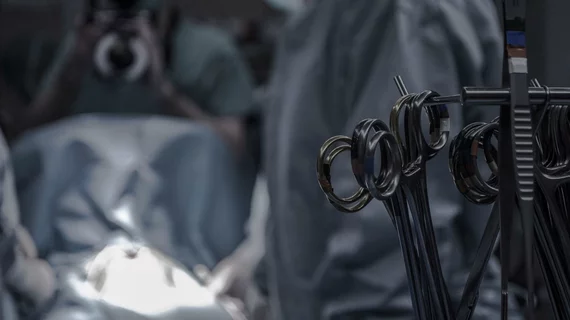Hospital grading and ratings systems may be helpful for many patients planning elective surgeries.
However, new findings show both outcomes and costs may vary widely from one patient to the next even in hospitals with consistently strong quality scores.
The study also shows machine learning can help optimize the selection process for each patient as an individual.
The work was conducted by industry researchers and colleagues at MIT and the University of Michigan. It’s posted in the Journal of Medical Internet Research.
Mohammed Saeed, MD, PhD, and co-investigators reviewed the medical records of 4,200 patients who had hip replacements in Greater Chicago in 2018. The team analyzed the data for inconsistencies in outcomes and costs as of 90 days after surgery.
As many patients would do when considering where to have an operation, the researchers looked at hospital scores across multiple sources. These included internet-based consumer ratings, quality stars, reputation rankings, average annual surgery volumes and average outcome rates.
They also analyzed rankings as compiled by machine learning algorithms. These were trained for personalized provider matching based on previous patients with similar characteristics and good outcomes.
It turned out that not much more than a quarter of patients had been matched to higher-ranking hospitals for outcomes while fewer than half were optimally matched for costs.
Consumer ratings, quality stars and machine learning all consistently accorded with better outcomes and costs, and the improvement was most impressive across all grading approaches and analyses for machine learning-based rankings.
“[A] personalized approach based on precision navigation that uses readily available data to characterize a patient’s medical complexity in the context of individual hospitals may be associated with substantial improvements in outcomes while also lowering total cost of care,” the authors comment in their discussion.
“There may be a substantive opportunity to increase the number of patients matched to appropriate hospitals across a broad variety of ranking approaches,” Saeed and co-authors conclude. “Elective hip replacement surgeries performed at hospitals where patients were matched based on patient-specific machine learning were associated with better outcomes and lower total costs of care.”
Five of the study’s six co-authors are affiliated with or employed by Health at Scale Corp., which markets the machine learning software used in the study.
The study is available in full for free.

